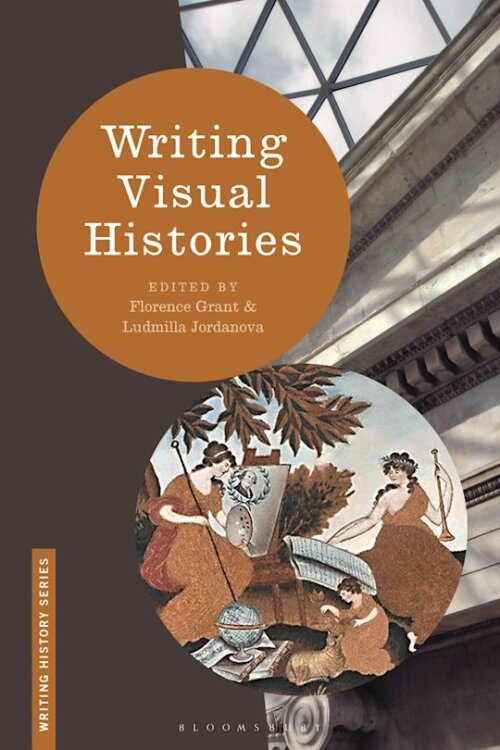The Writing History series publishes accessible overviews of particular fields in history, focusing on the practical application of theory in historical writing. Books in the series succinctly explain central concepts to demonstrate the ways in which they have informed effective historical writing. They analyse key historical texts and their producers within their institutional arrangement, and as part of a wider social discourse. The series' holistic approach means students benefit from an enhanced understanding of how to negotiate the contours of successful historical writing.

Anne Gerritsen, Giorgio Riello (Eds.) (2014)
Writing Material Culture History

David Doddington, Enrico Dal Lago (Eds.) (2020)
Writing Visual Histories

Heiko Feldner, Kevin Passmore, Stefan Berger (Eds.) (2010)
Writing History
Theory and Practice